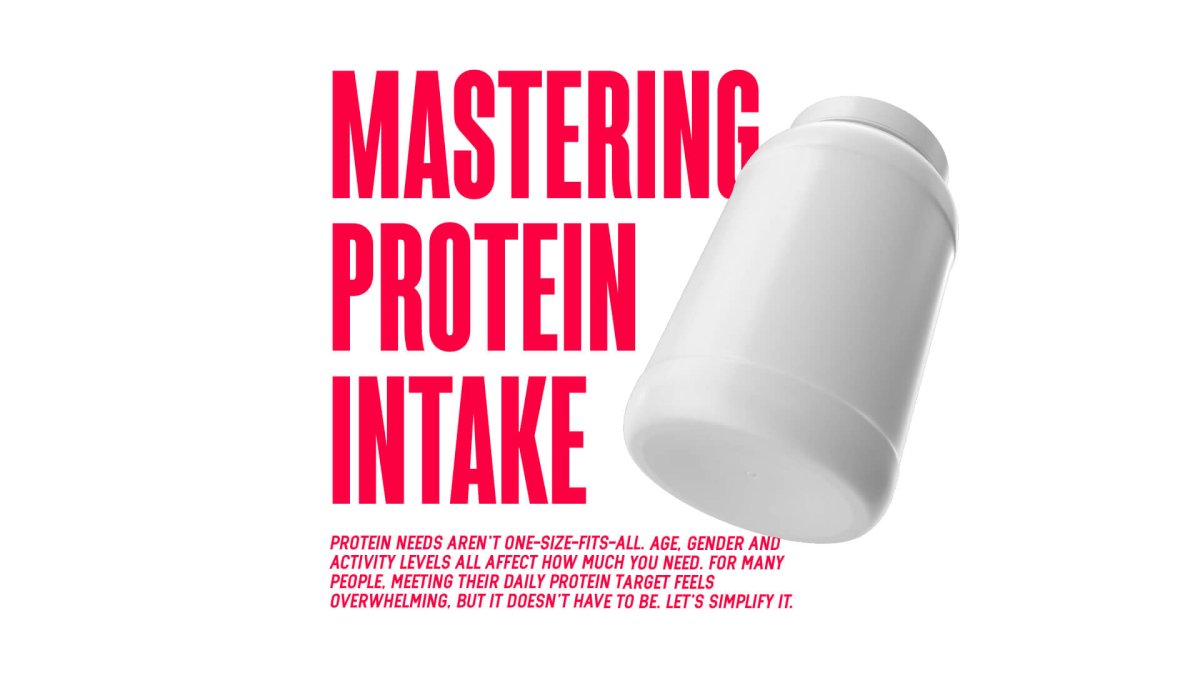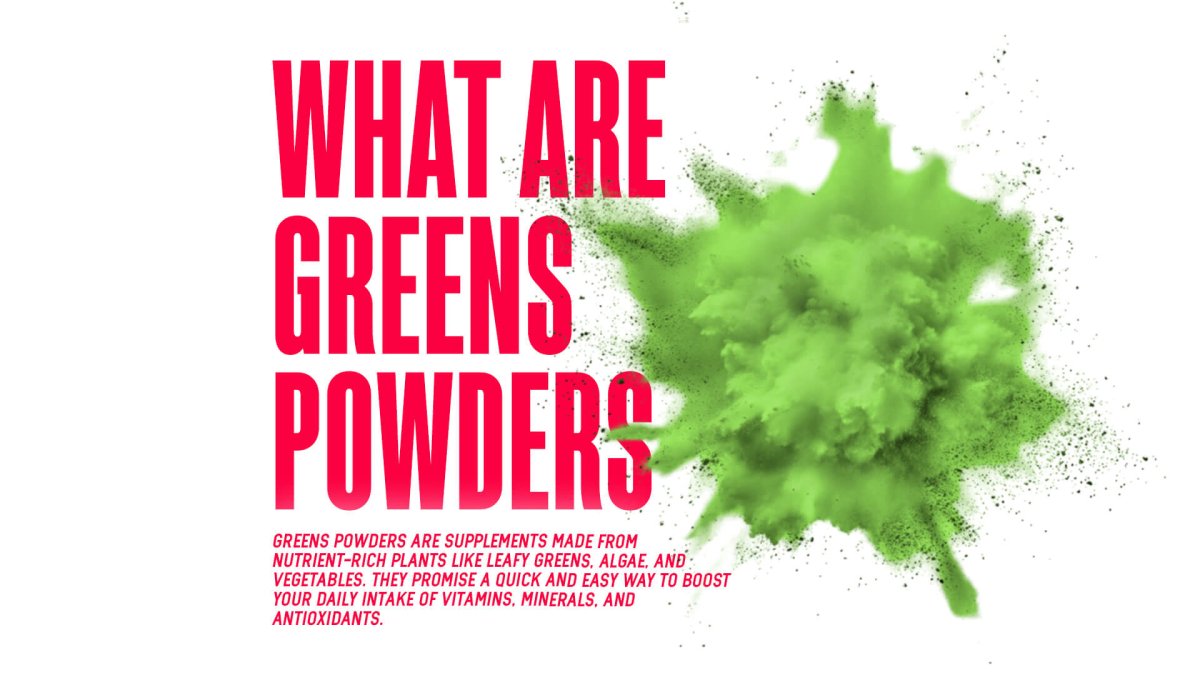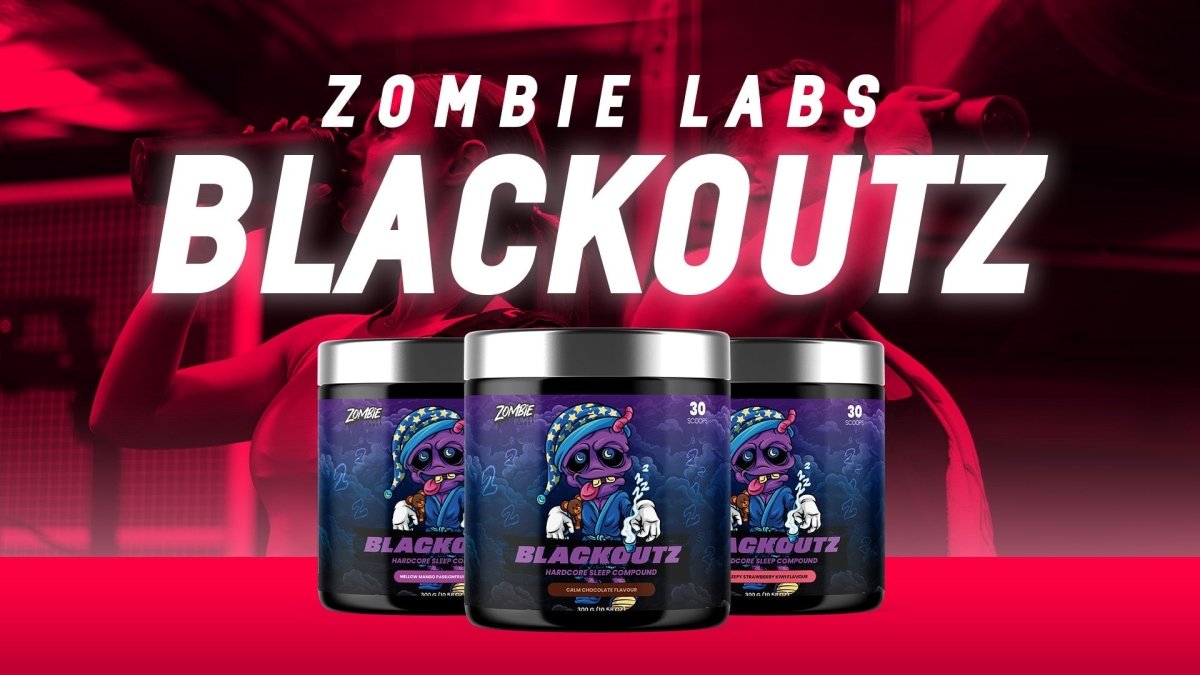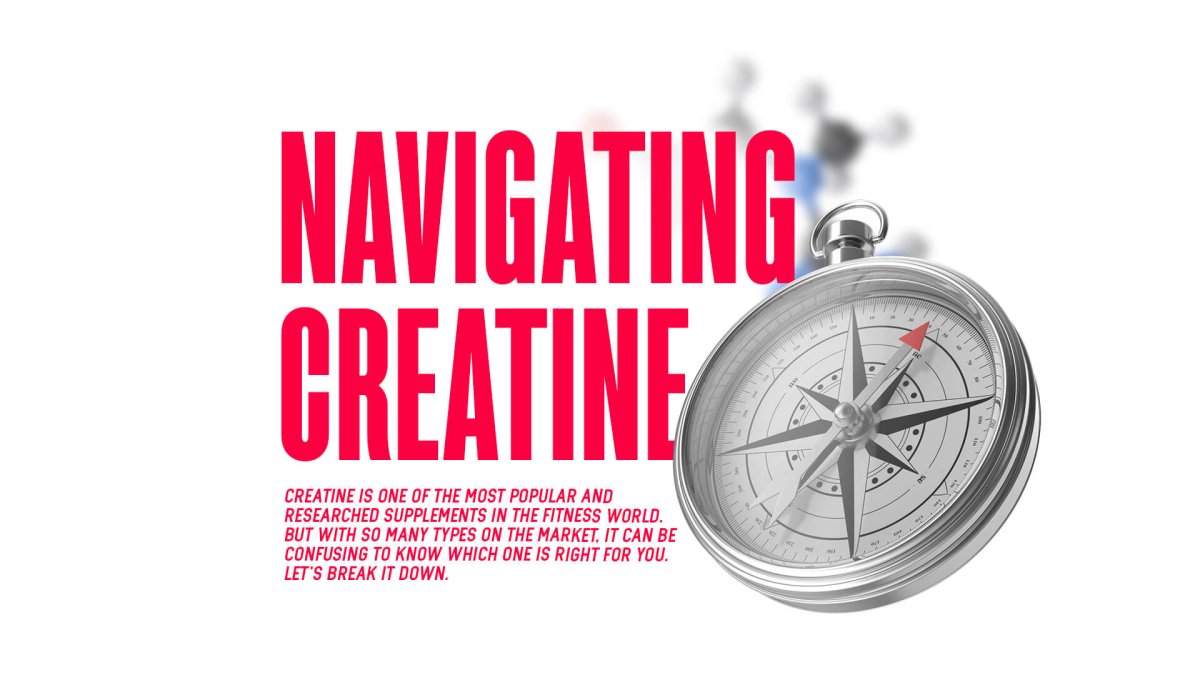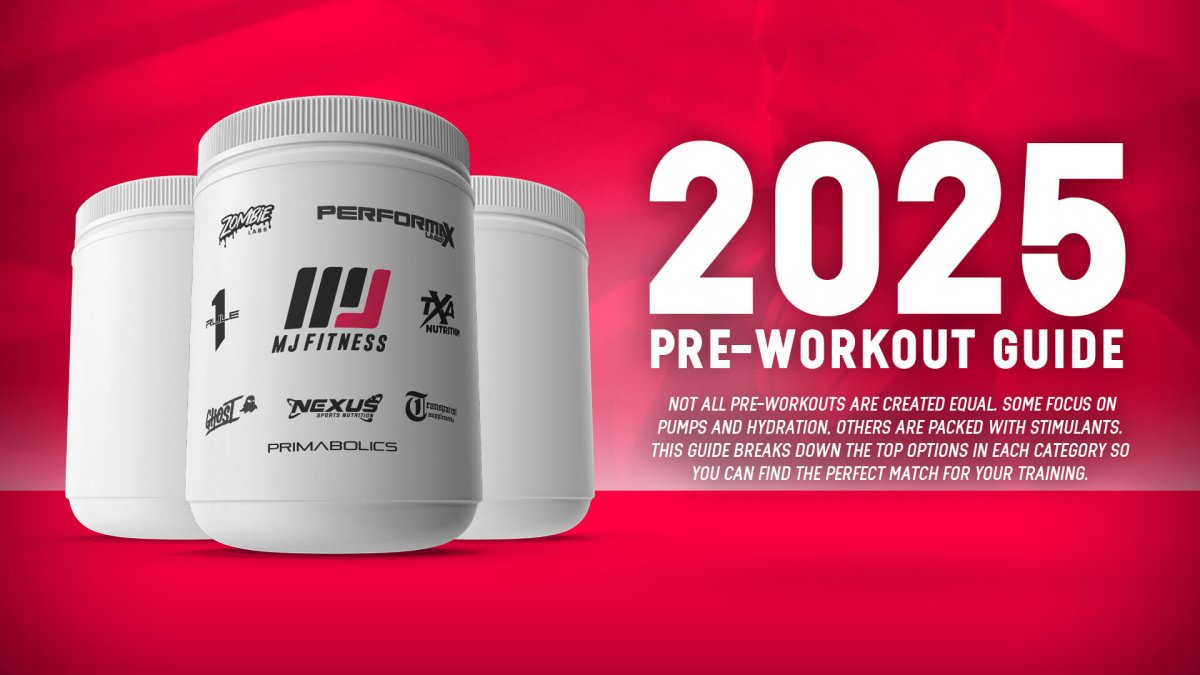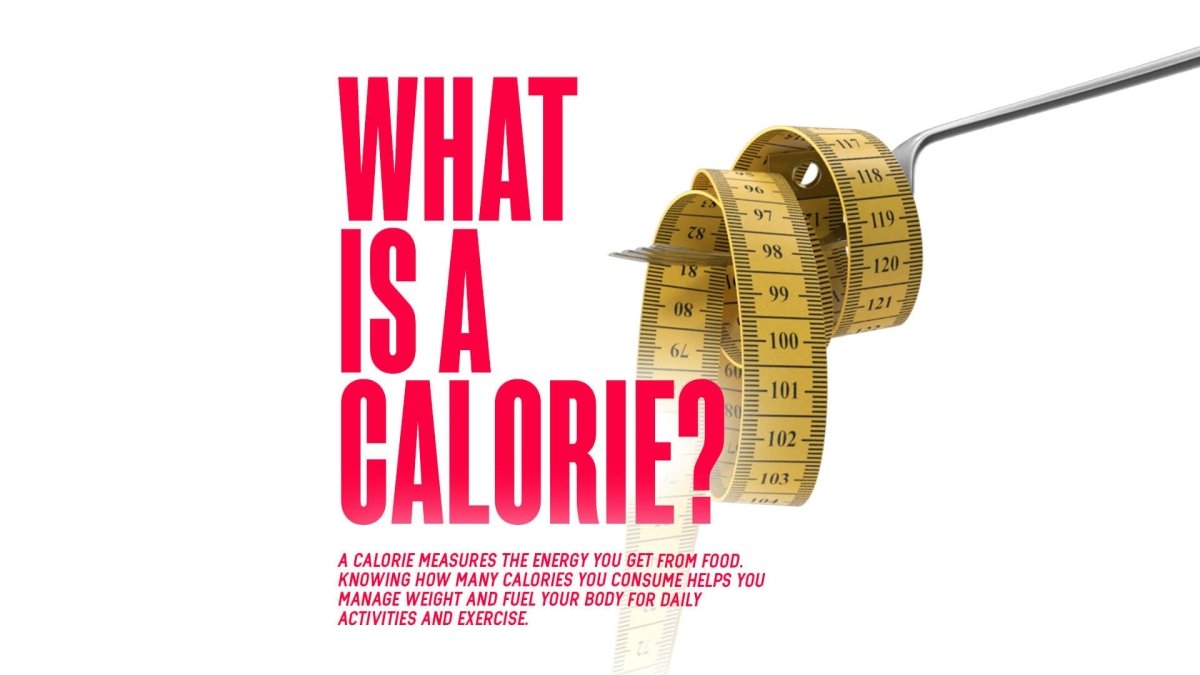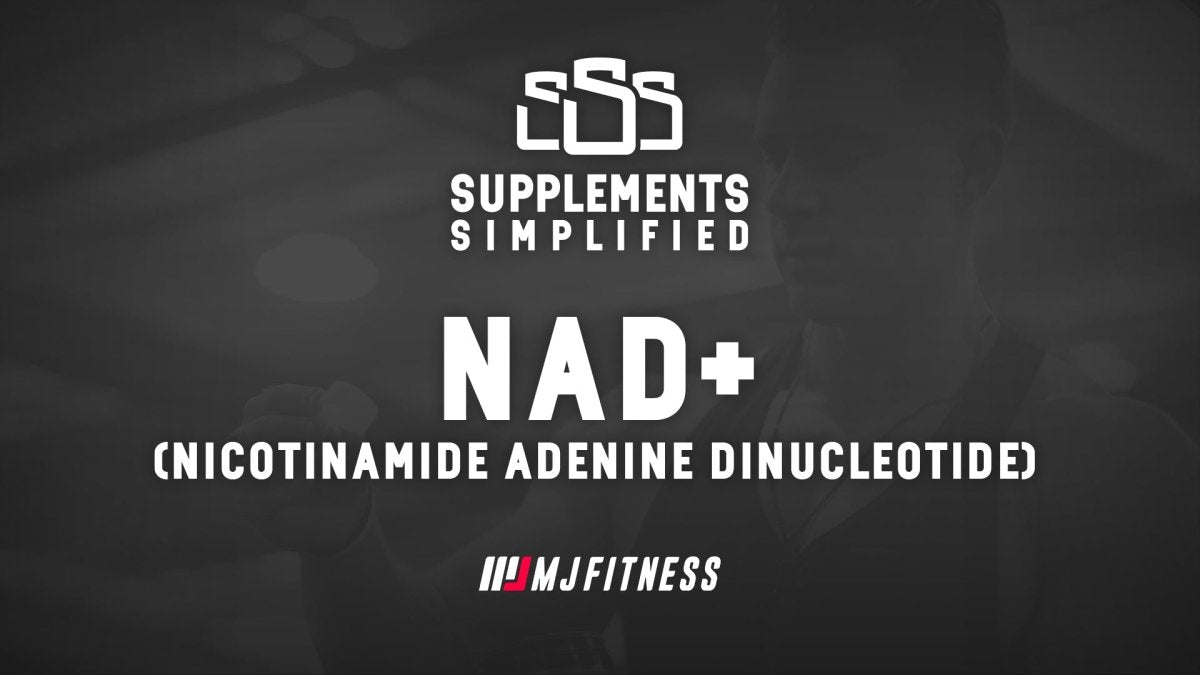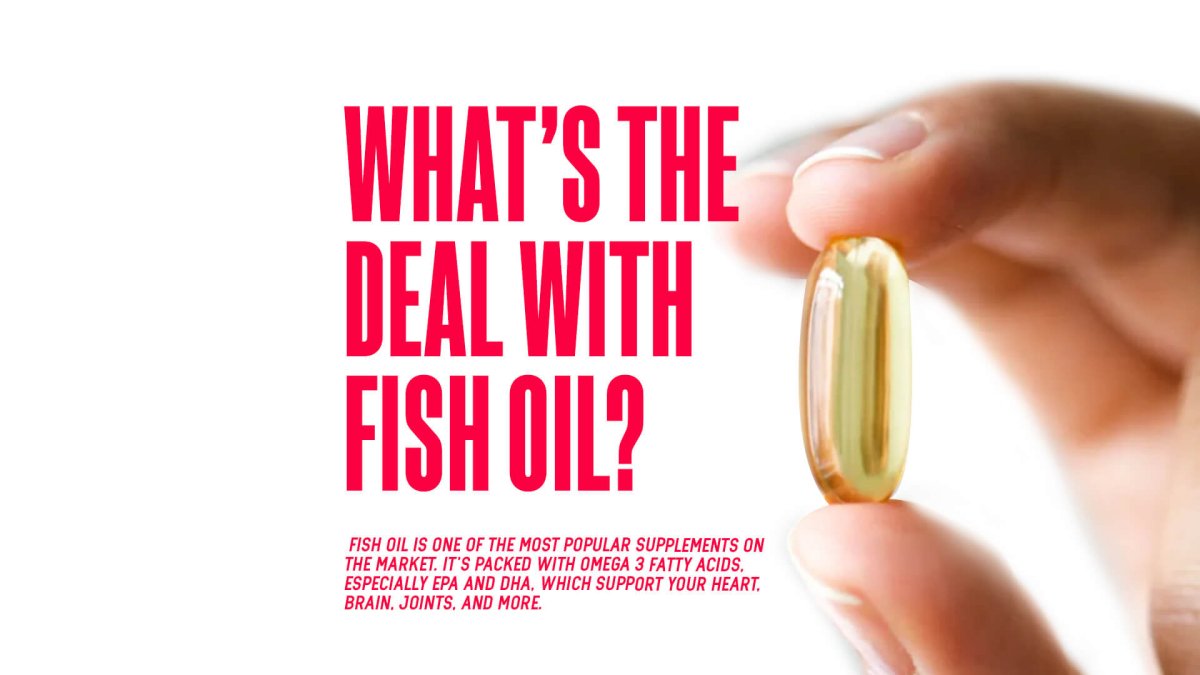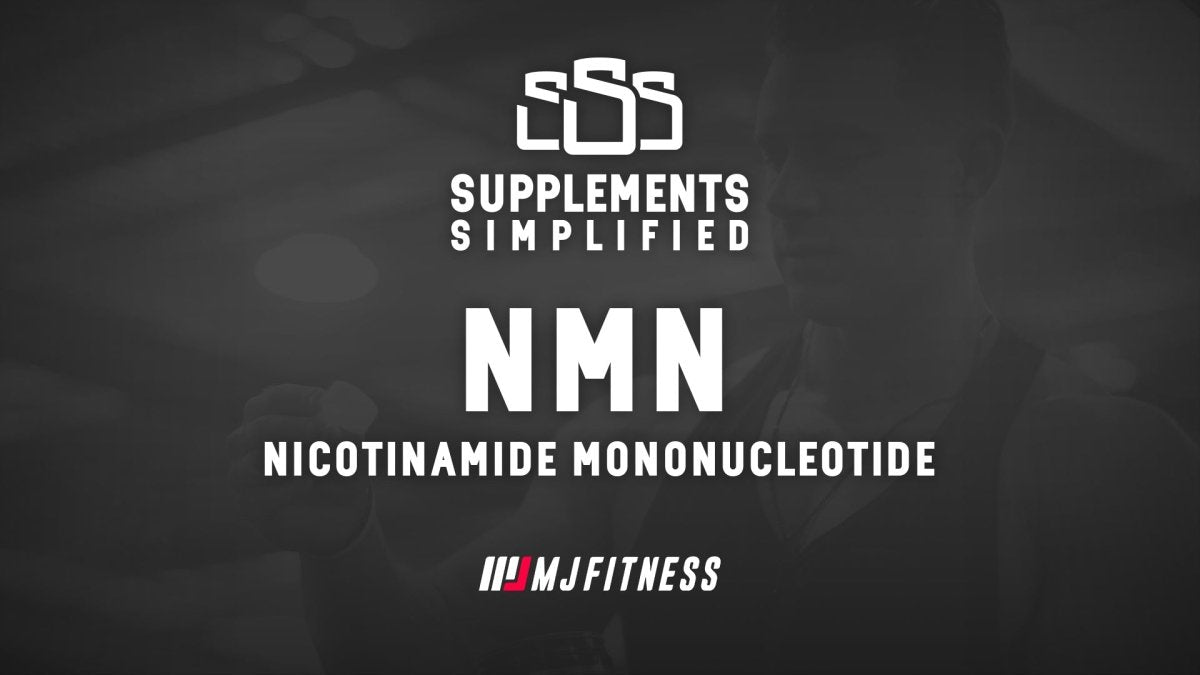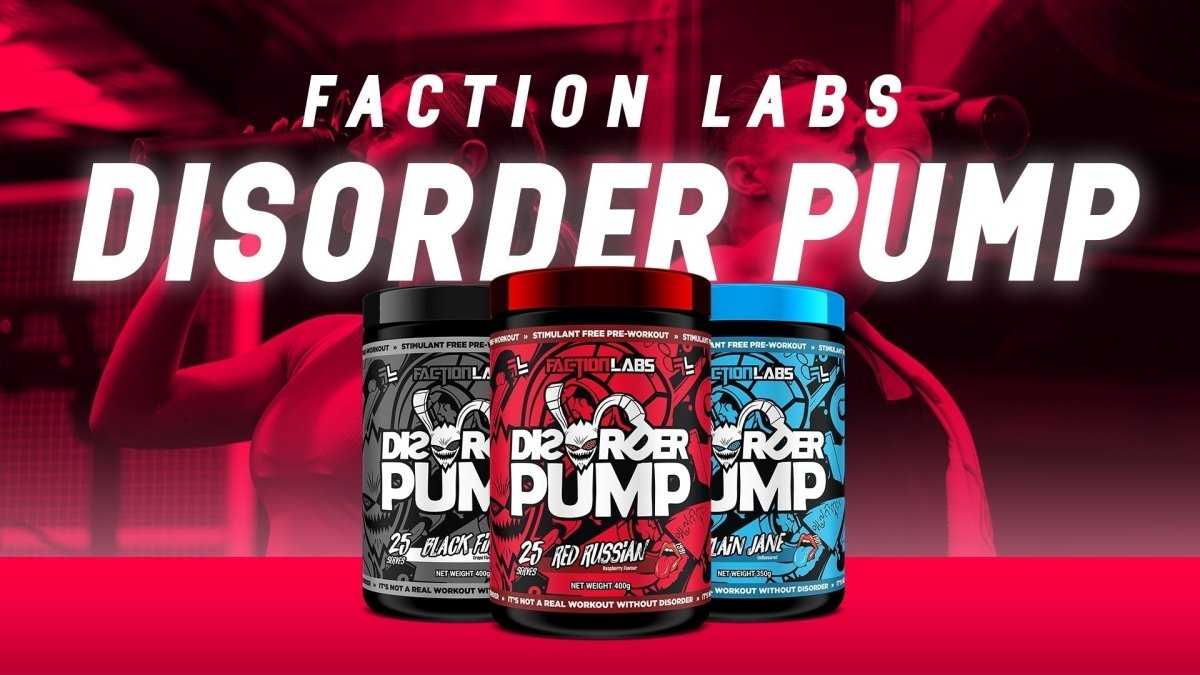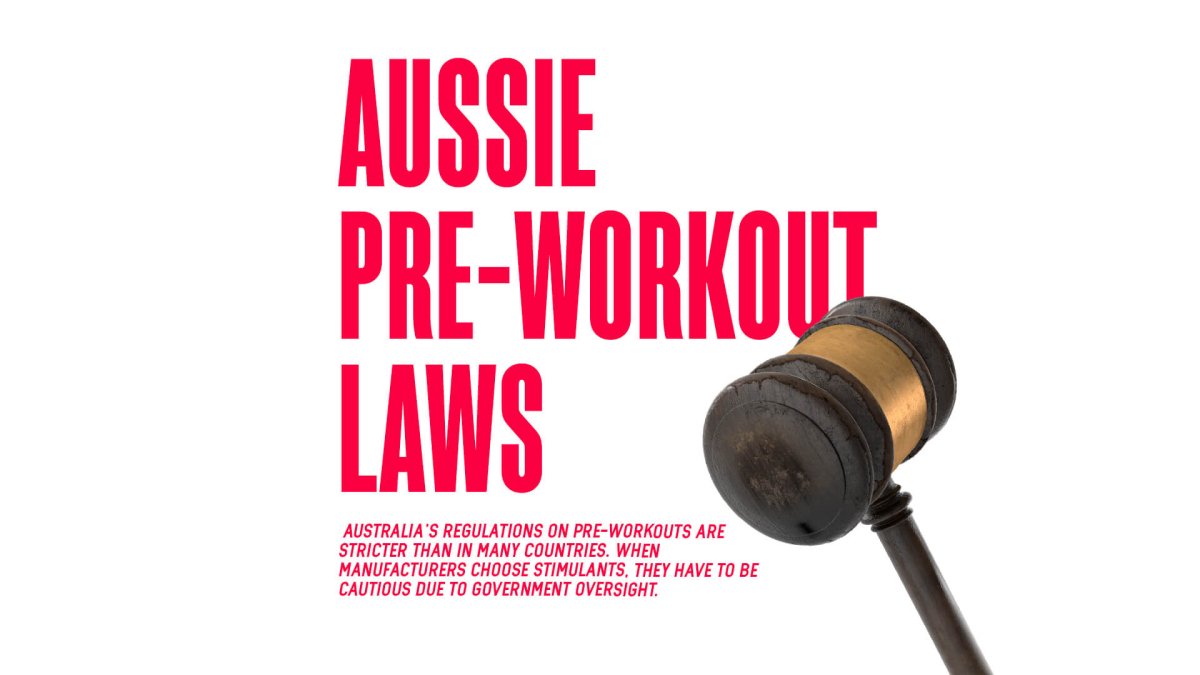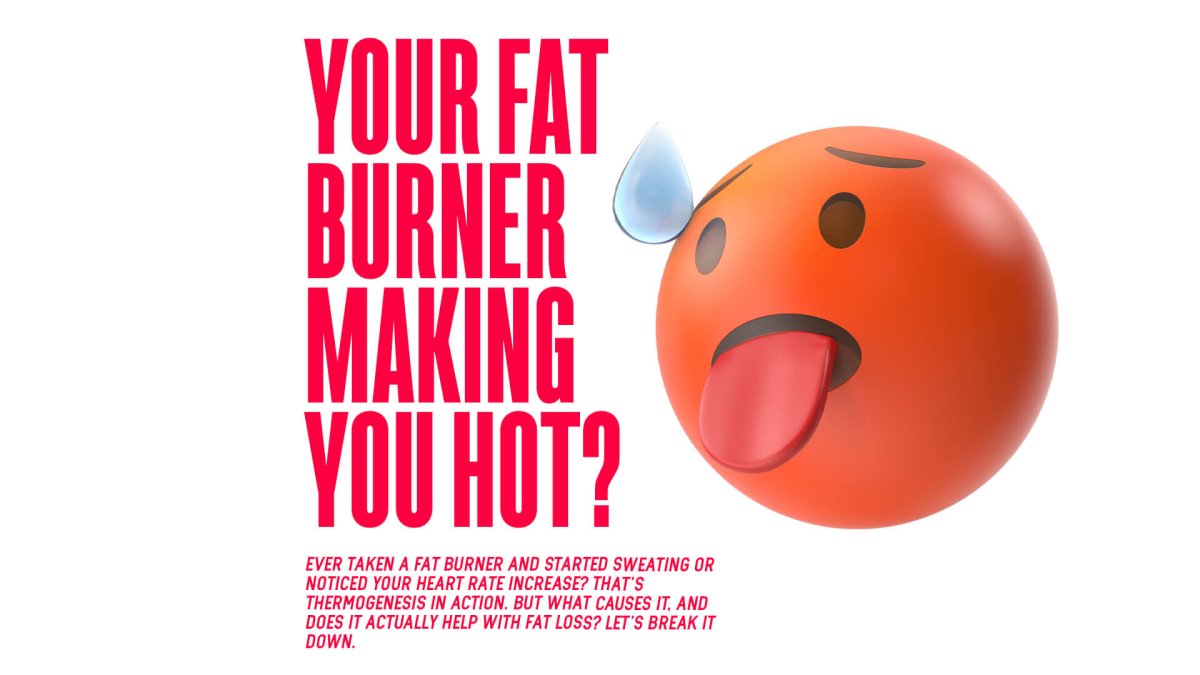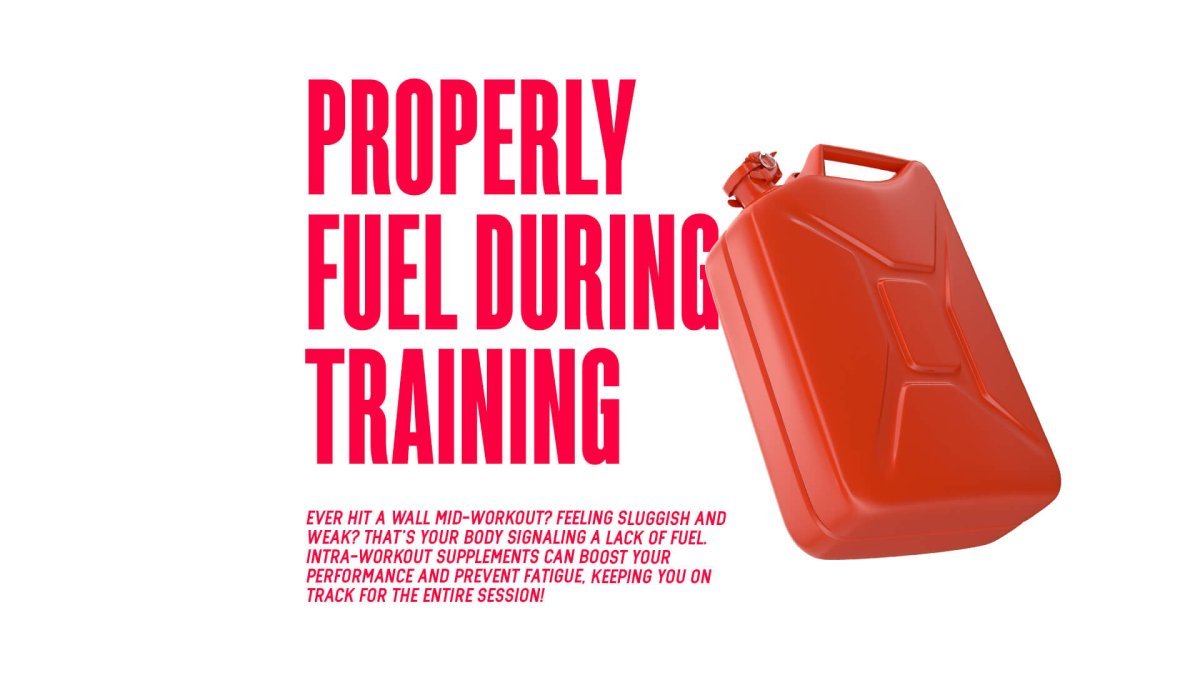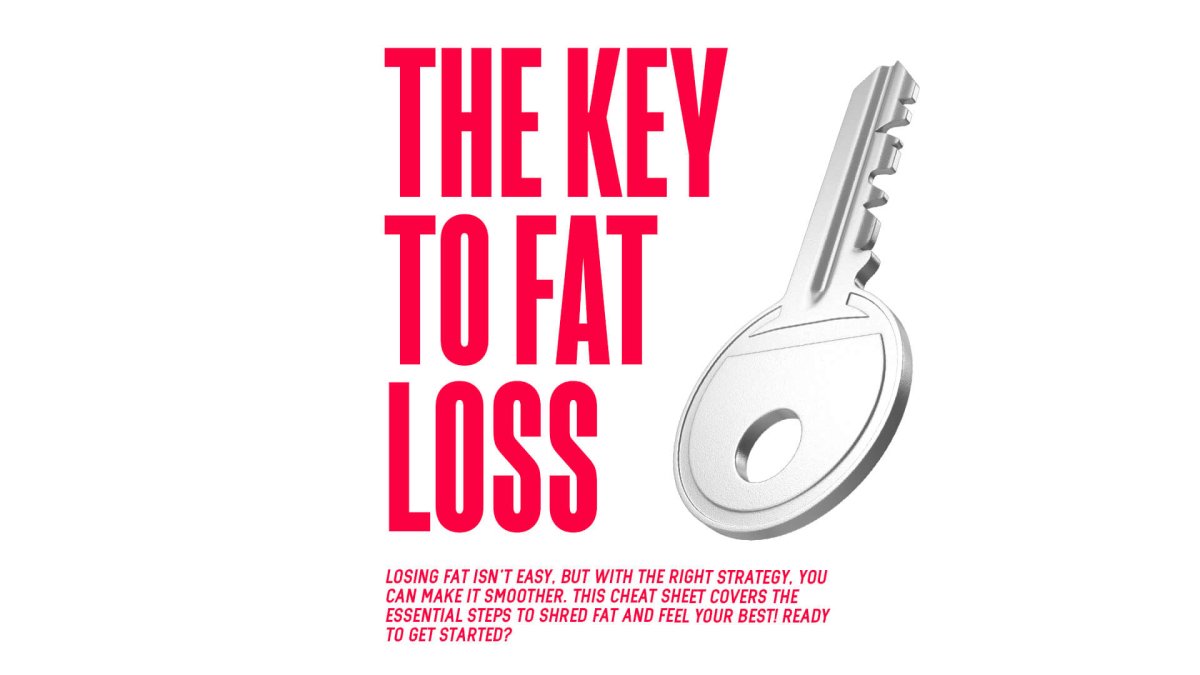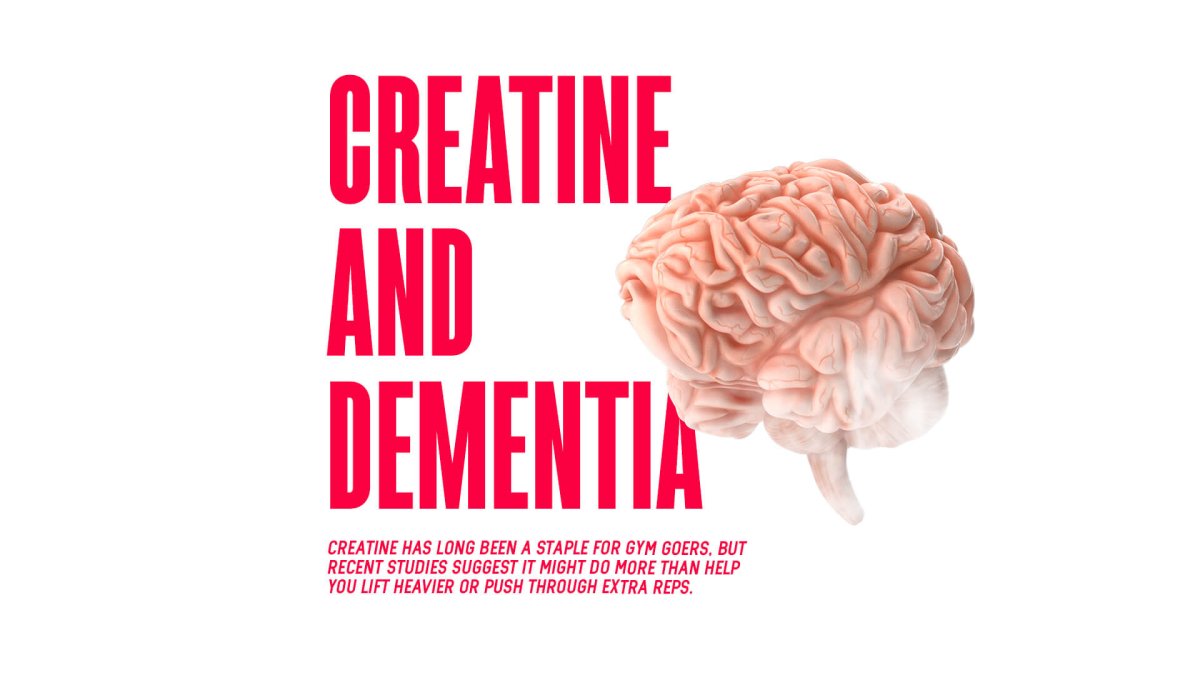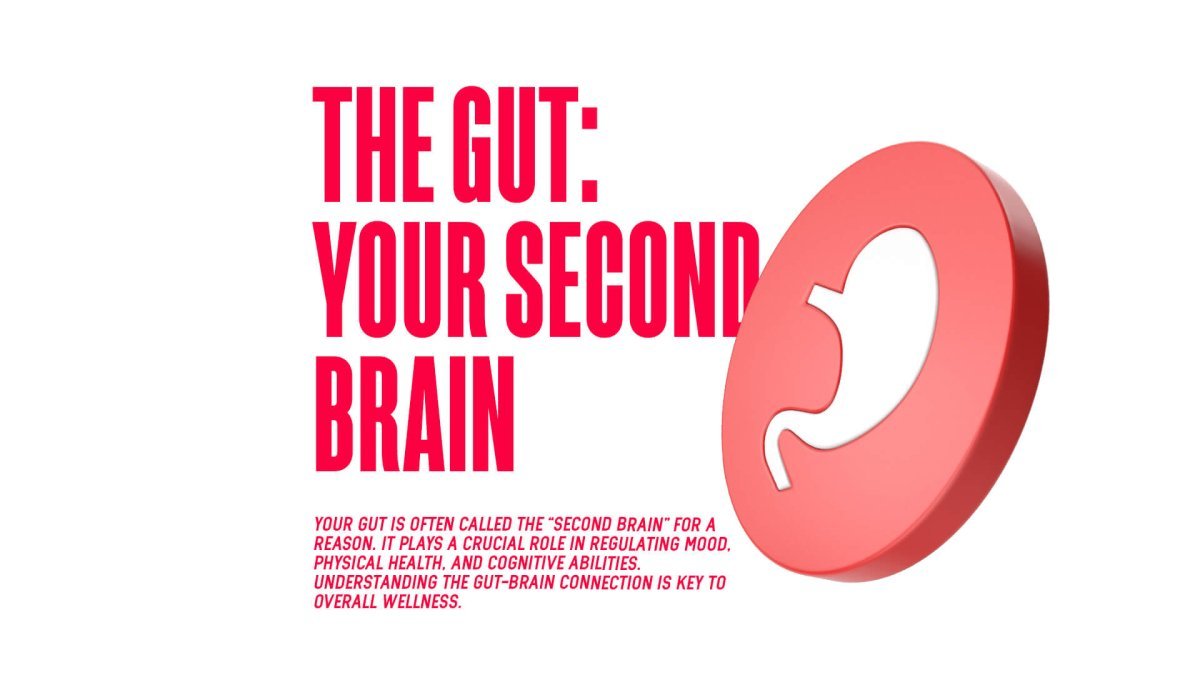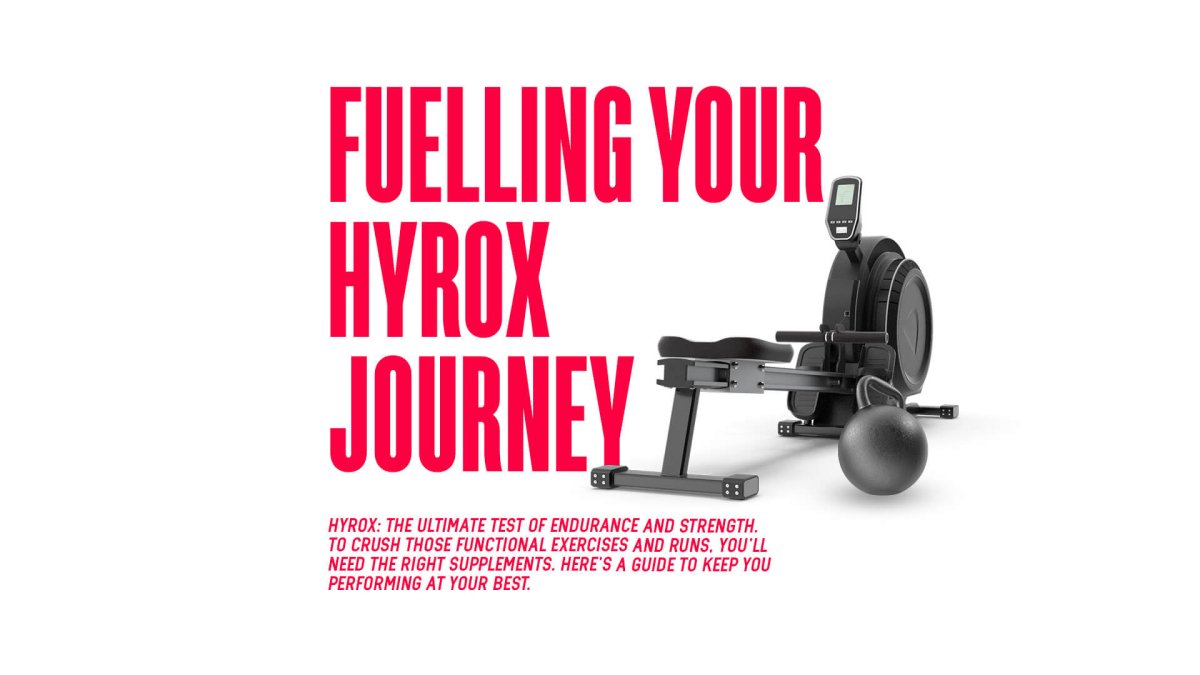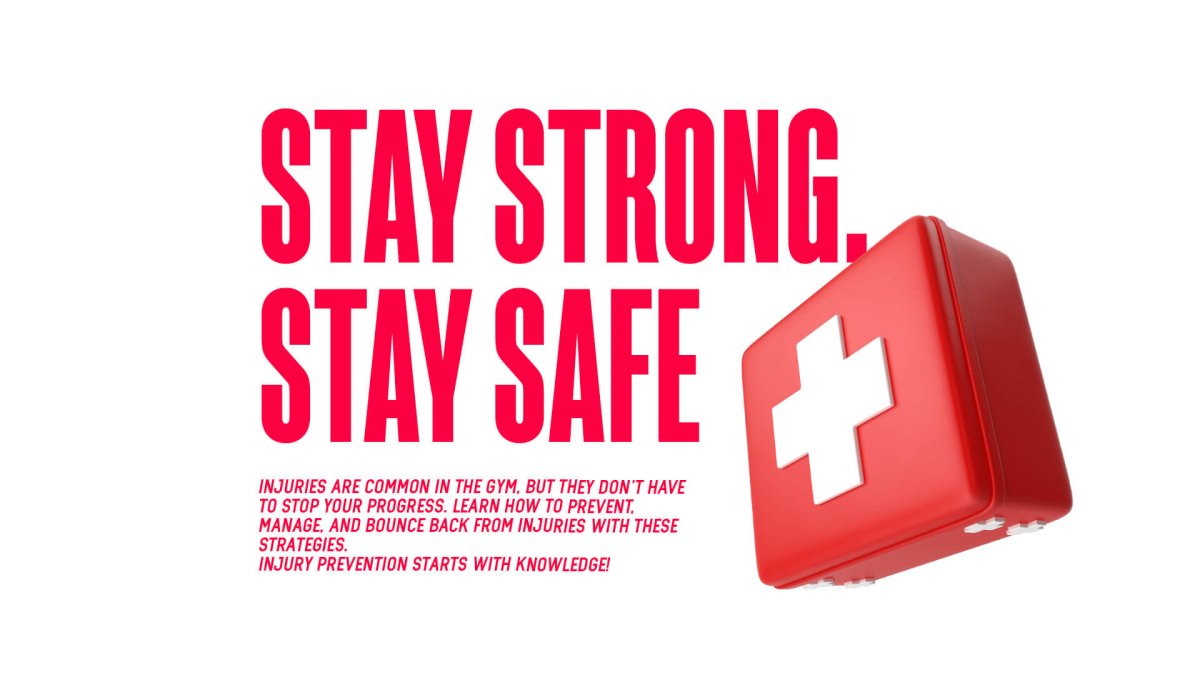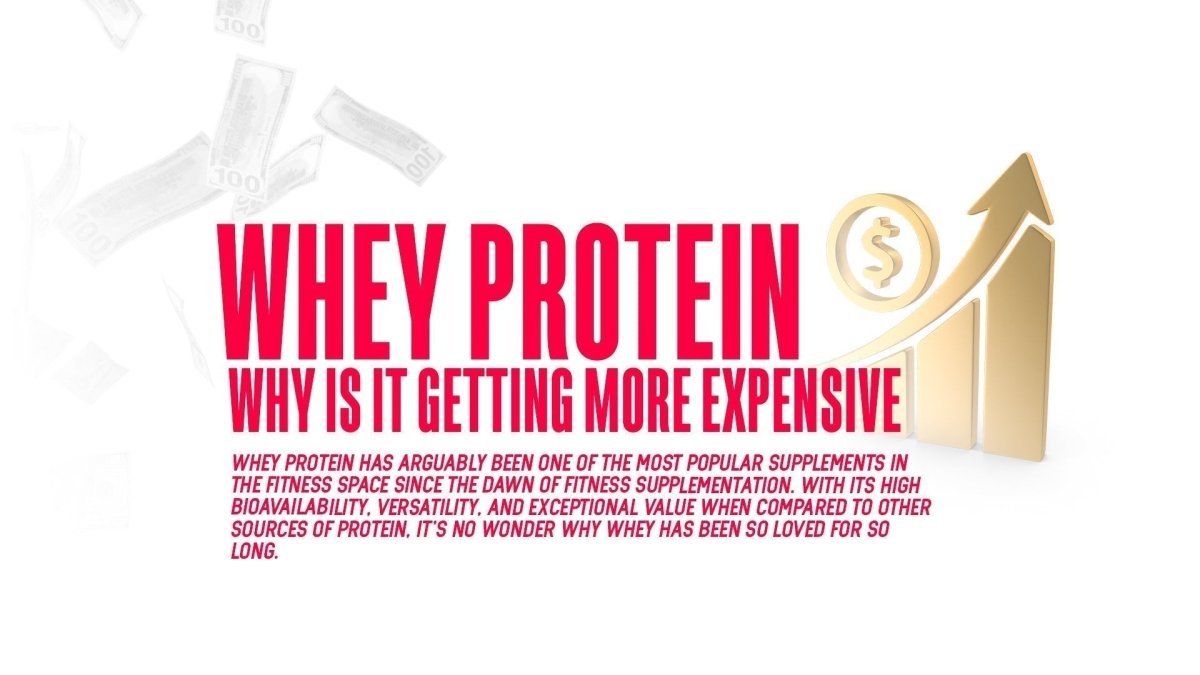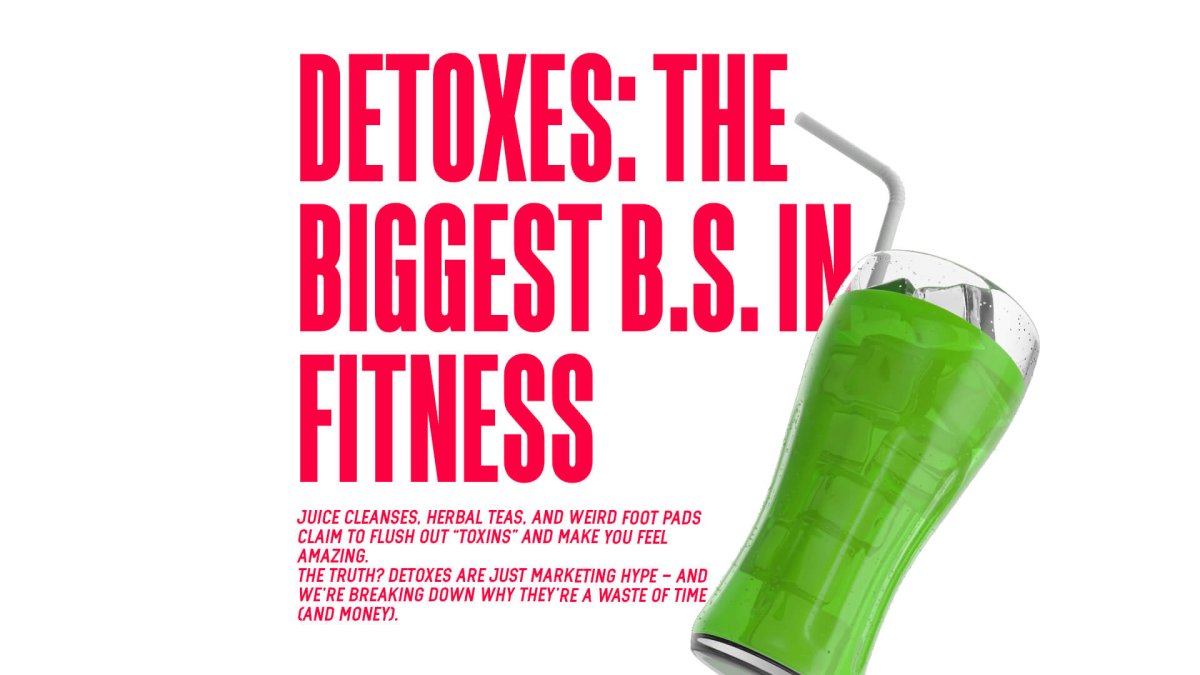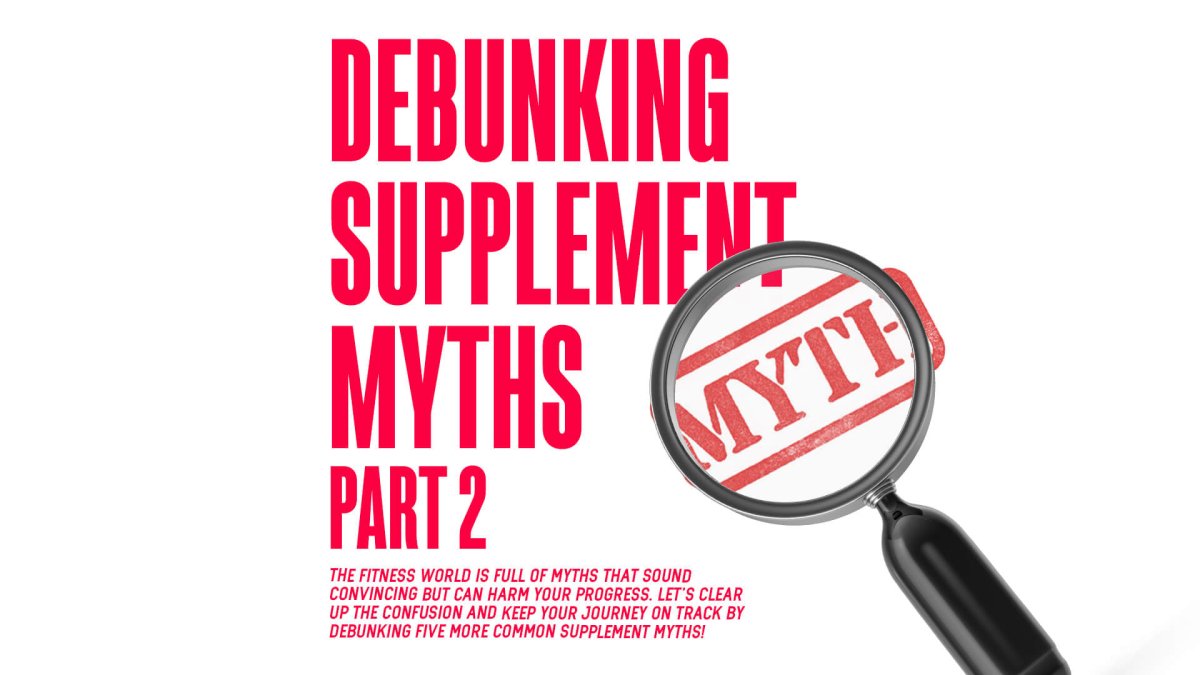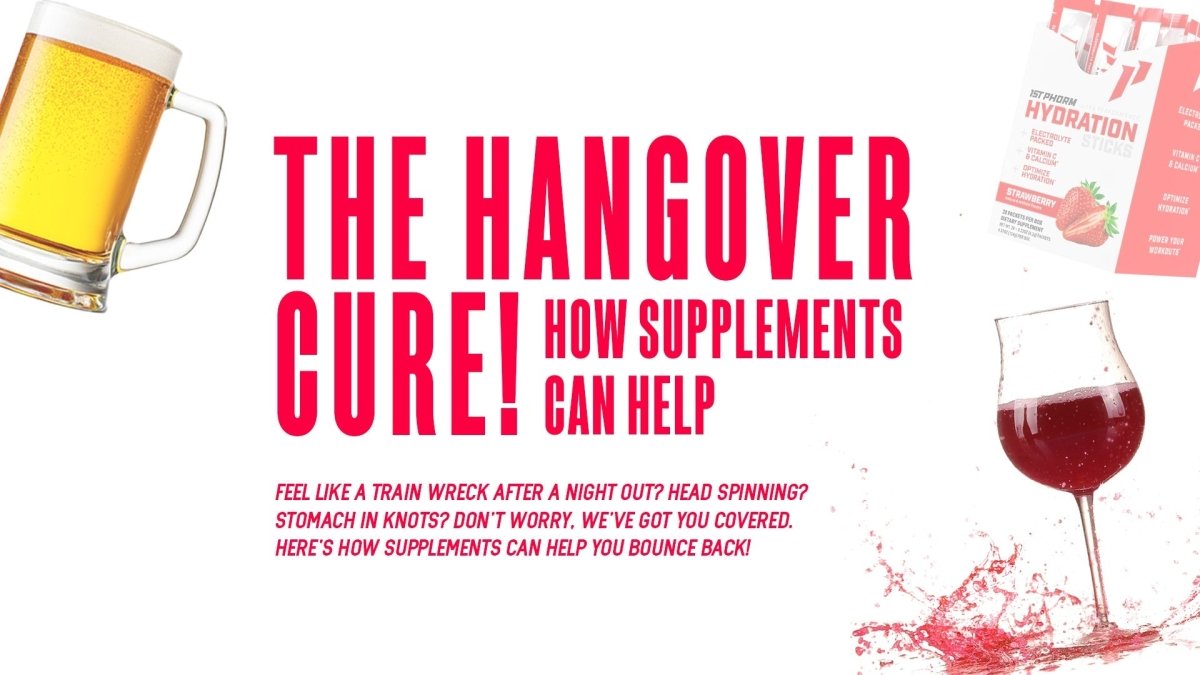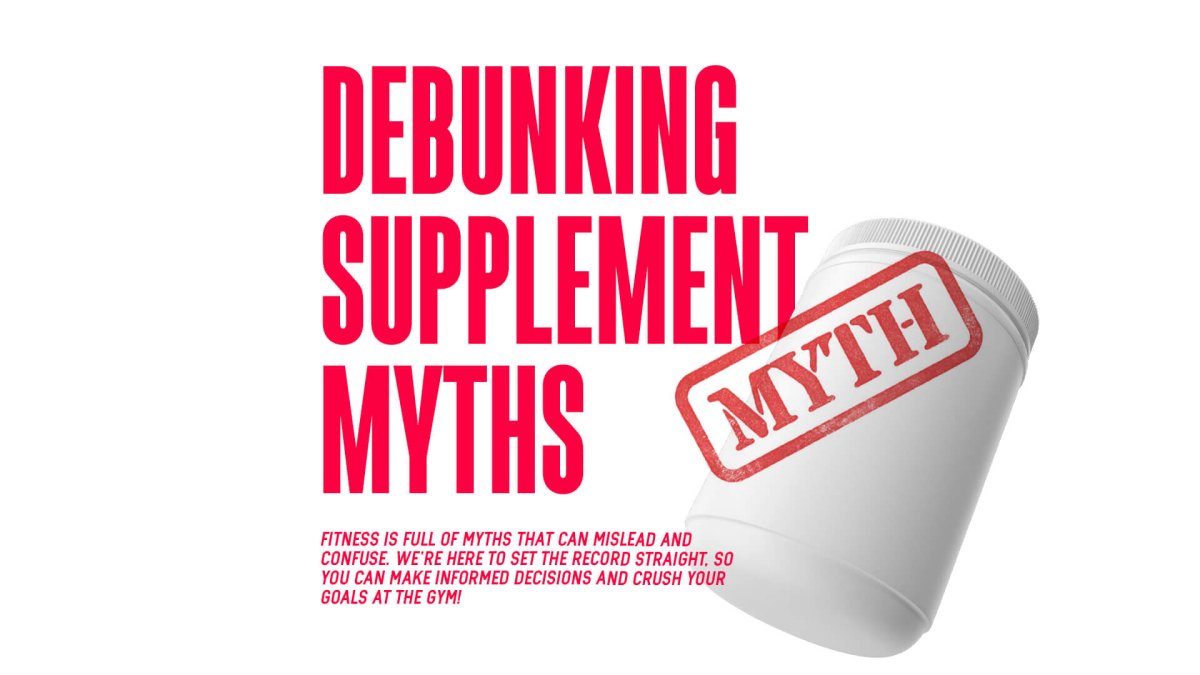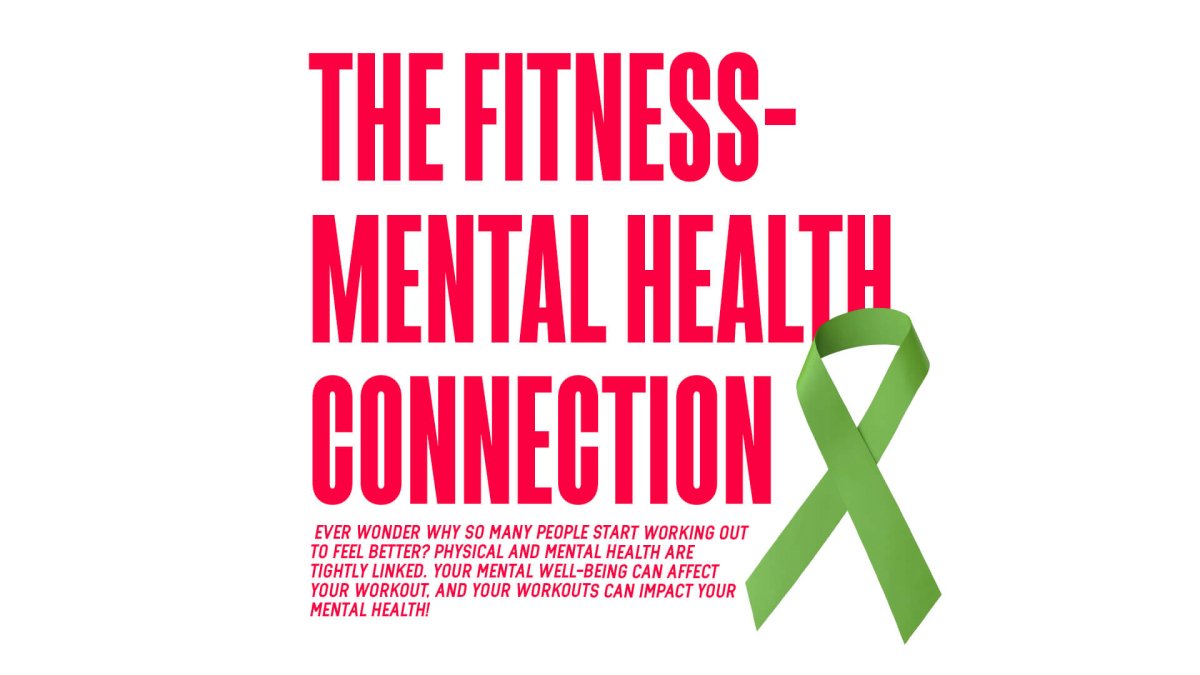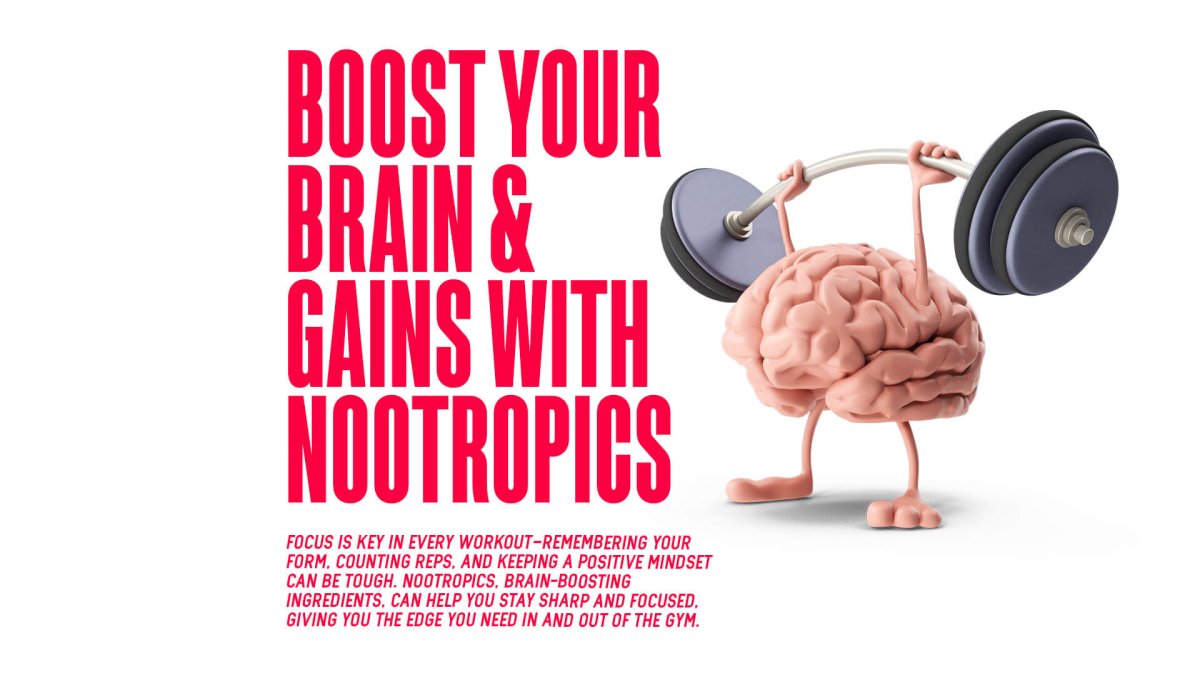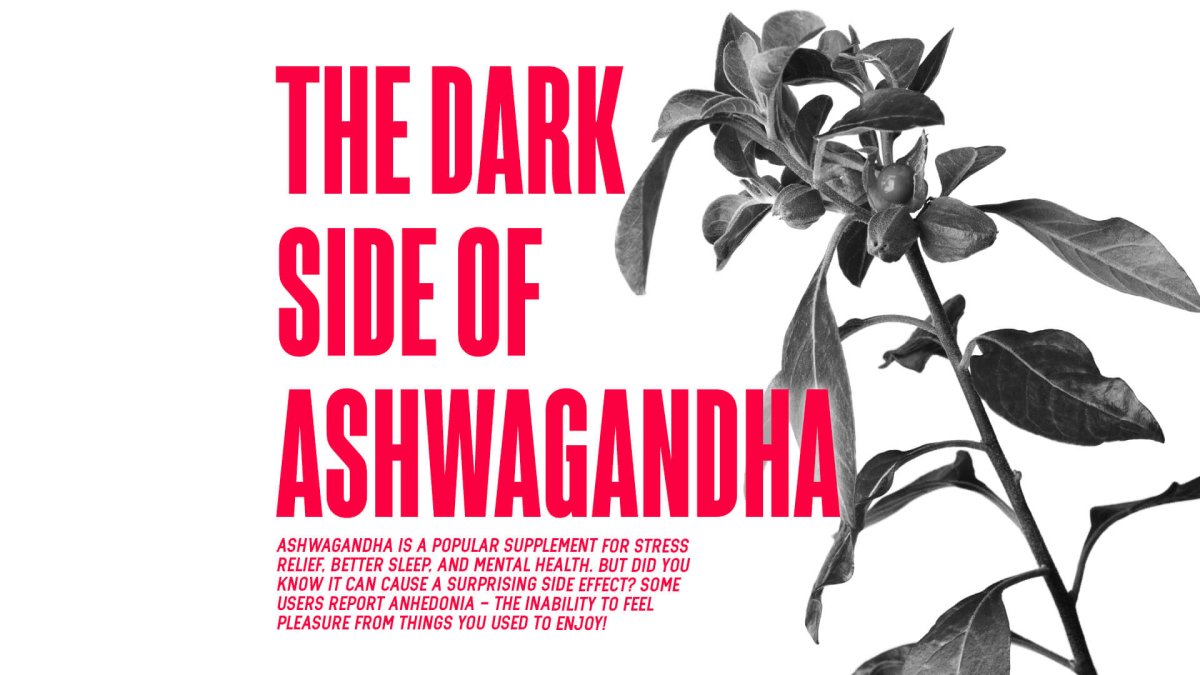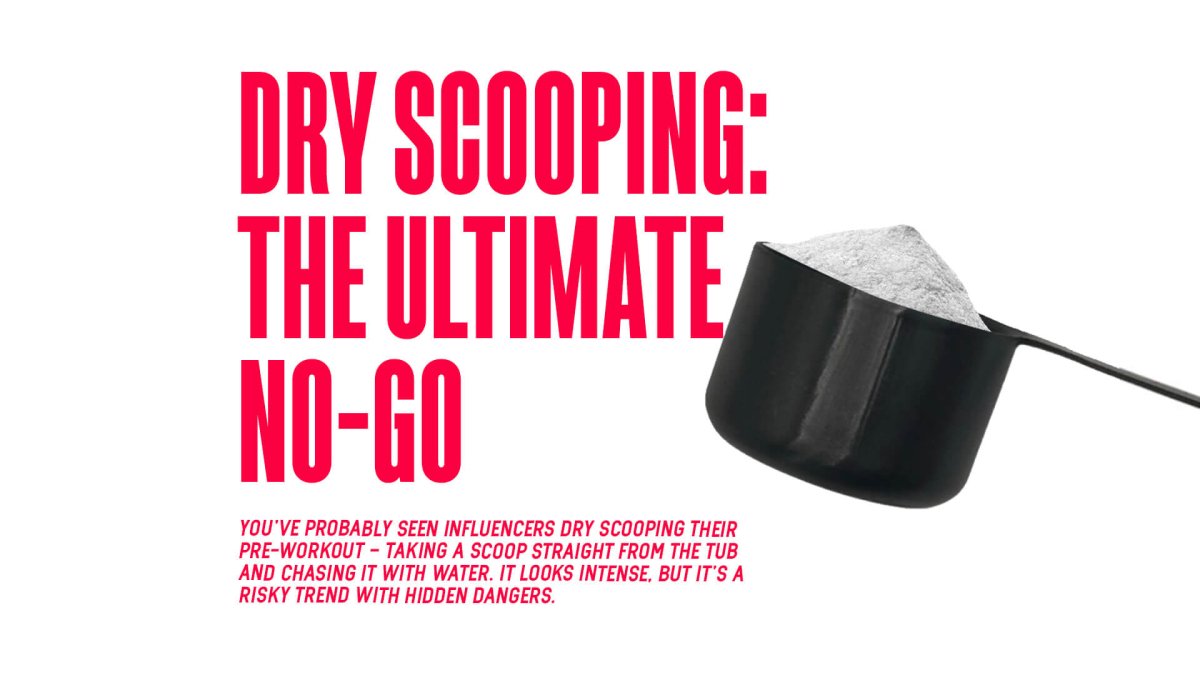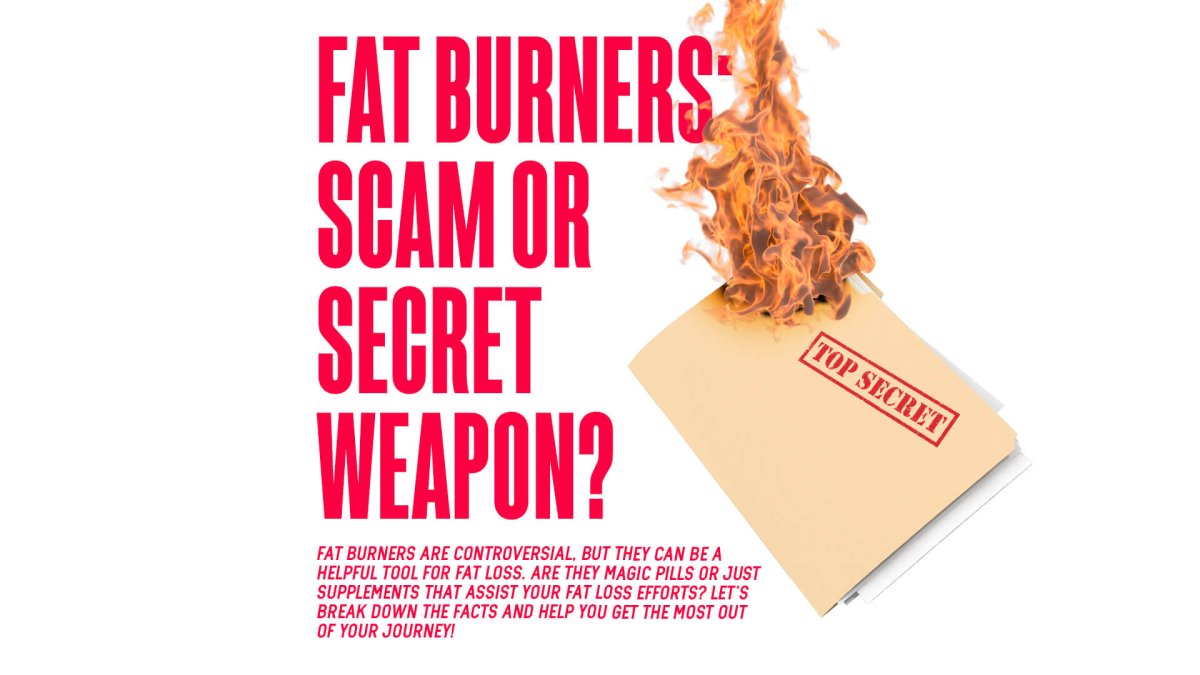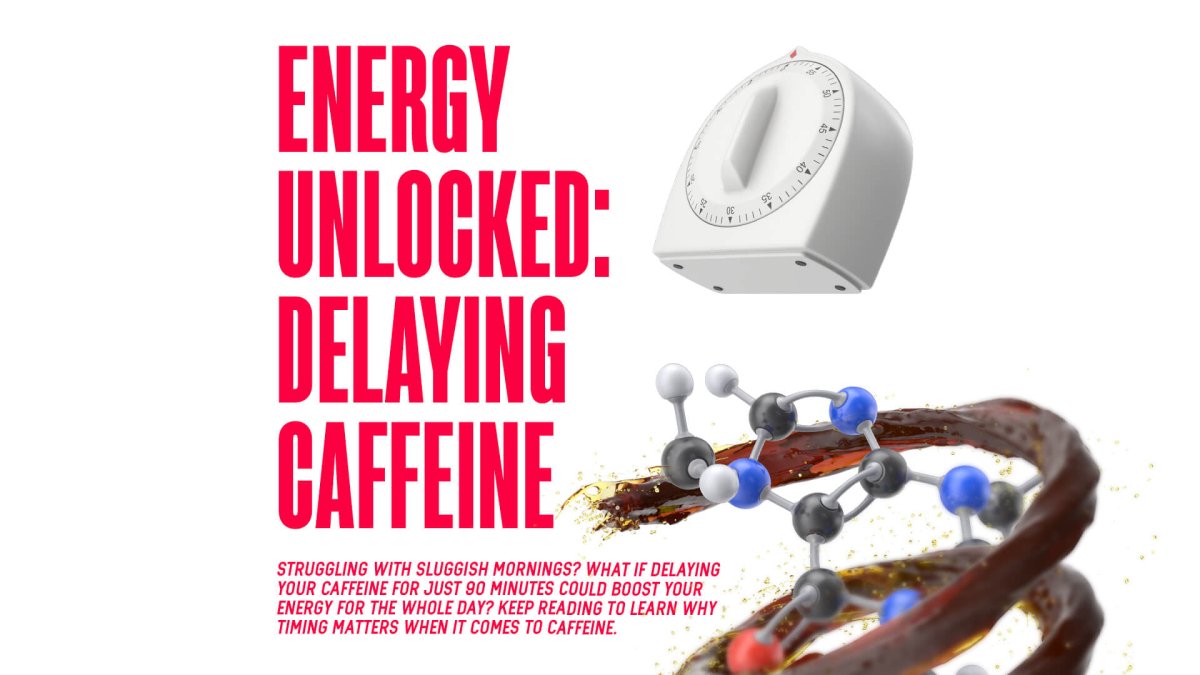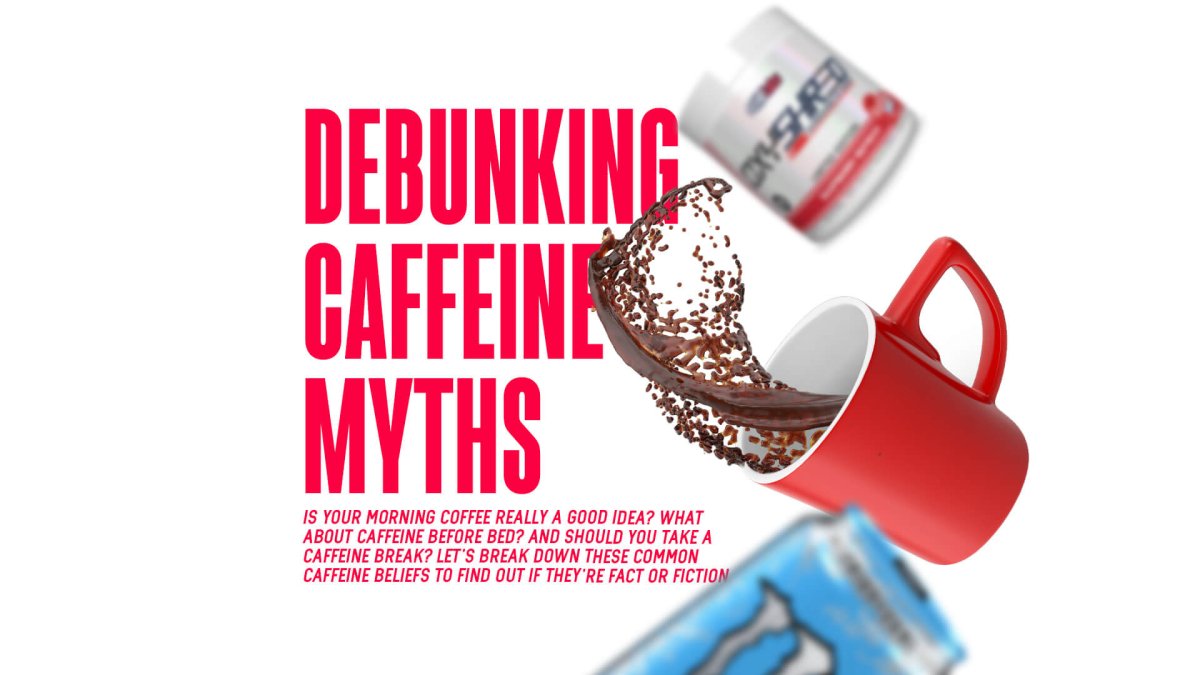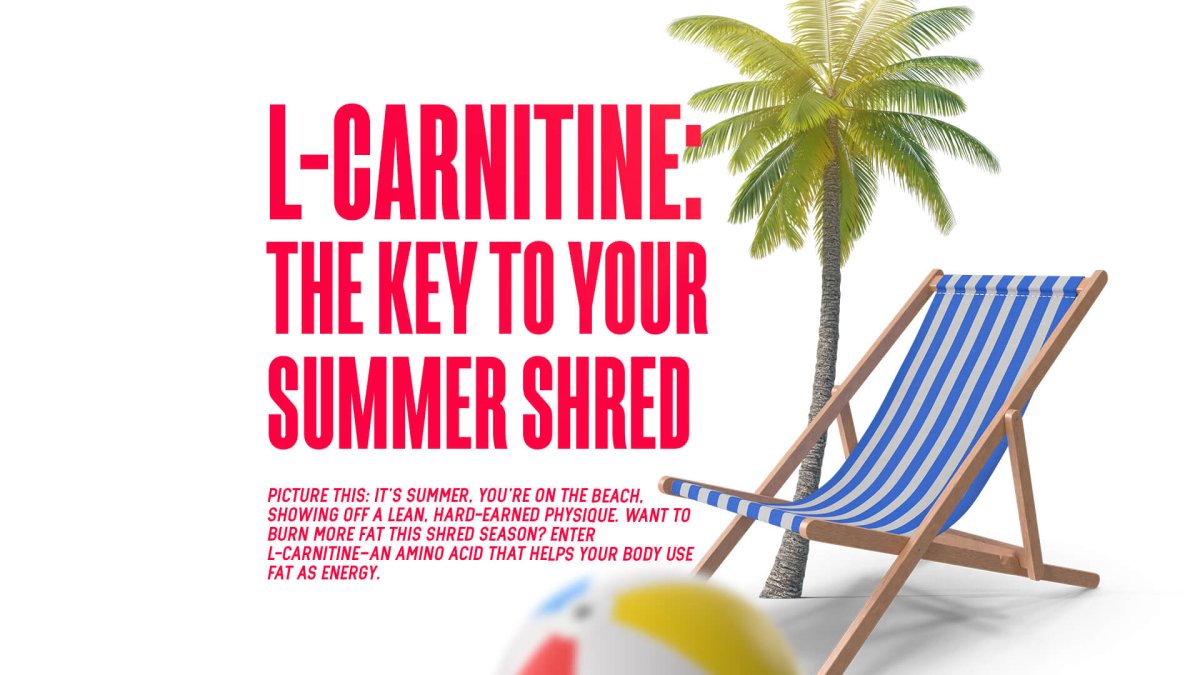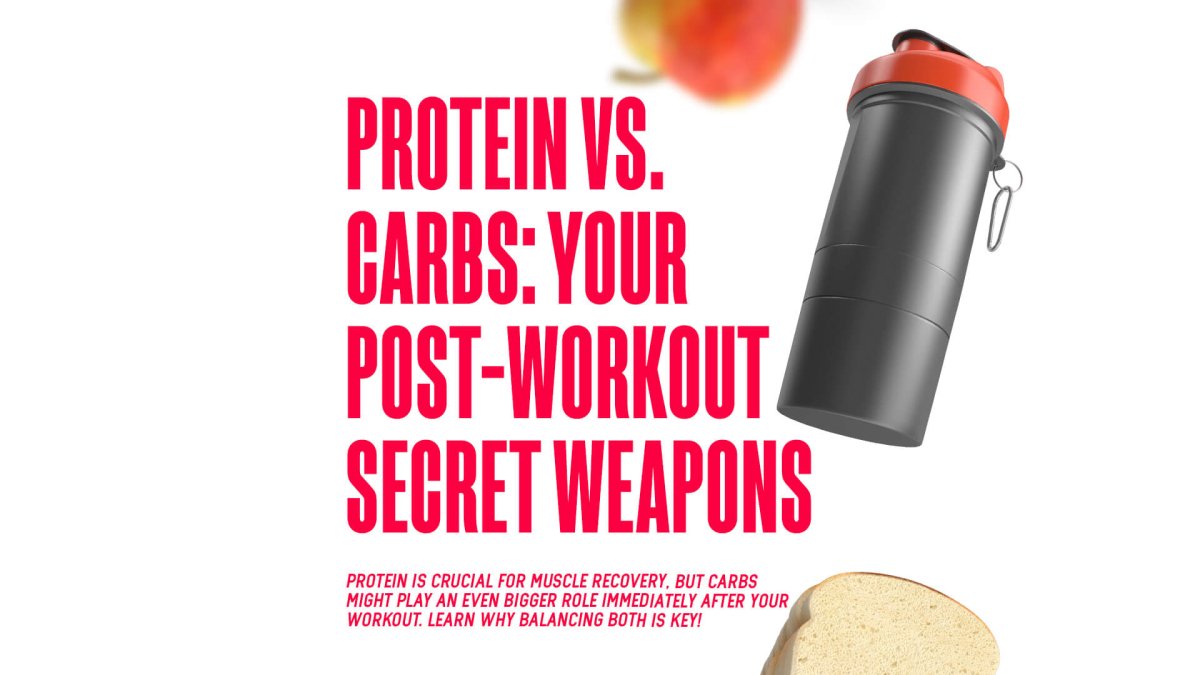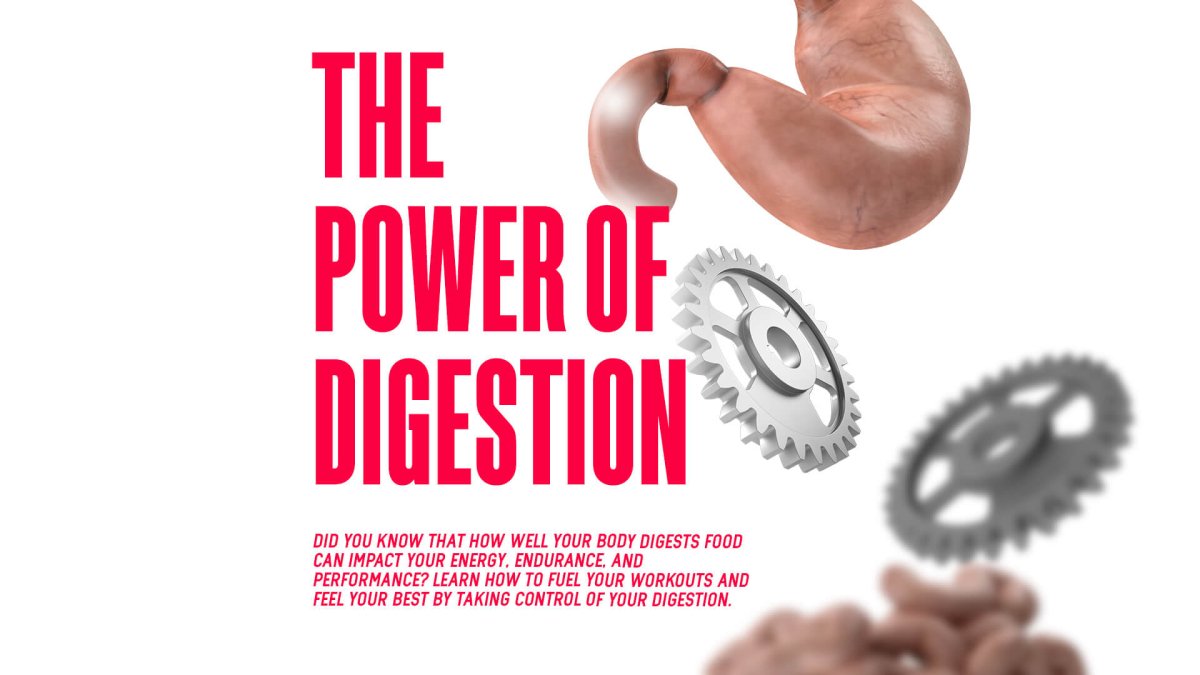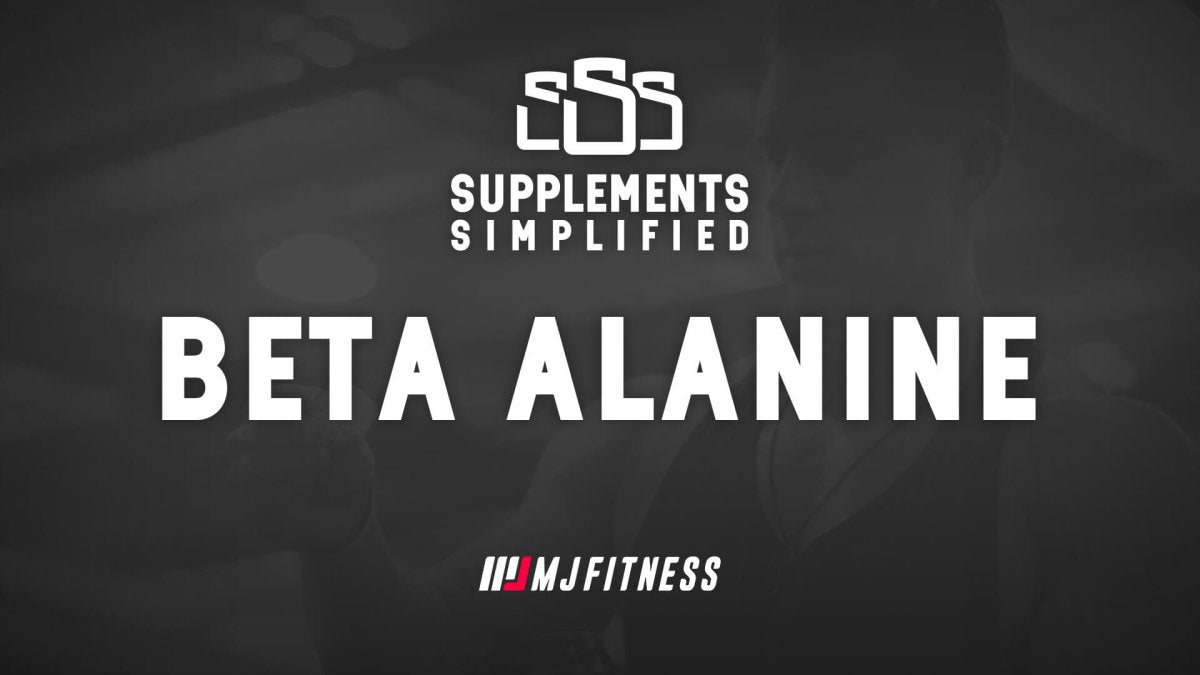If you’re diving into the rabbit hole of training, you’ve probably heard of the term “overtraining”. People claim that if you hit the gym too hard, don’t recover between sessions and maybe even go backwards, that’s overtraining.
But, is it overtraining?
Not likely
The truth is, overtraining isn’t as common as you’d think. Under-recovery, however, is more common. If you don’t fix it, it doesn’t matter how perfect your program is, you won’t grow, hit that 1 rep max, and you’ll burn yourself out.
What Is Overtraining and Under-Recovering?
To clarify this:
-
Overtraining mostly affects elite athletes or lifters with high training loads and not enough rest. It has physical and mental effects and can take months to recover from.
-
Under-recovery is much more relatable. It’s when you’re smashing weights 7 days a week, sleeping 5 hours a night and not tracking nutrition at all.
So, odds are you probably aren’t “overtraining.”
But you might be under-recovering.
Why “Overtraining” Isn’t a Thing for Most People
You’ll hear the term get thrown around way too casually, but at the end of the day most people who think they’re overtraining are just not eating enough or sleeping enough to recover from their sessions. This puts you in a loop where you feel fatigued, sore and unmotivated.
If that sounds all too real, overtraining isn’t the issue.
Under-Recovery Might Be the Real Culprit
Gains aren’t made in the gym, they’re made in the time spent recovering from your gym workout.
Training is a stress on your body. Yes, stress is essential for growth, but it only works if you recover from it. If you’re not sleeping enough, eating enough, or training smart enough, the stress will snowball. After a while, your progress will stall and you may even go backwards.
That’s under-recovery.
Signs You’re Not Recovering Properly
If you’re smashing the gym consistently but not seeing results, look out for these symptoms of under-recovery:
-
Being sore for days on end
-
Low motivation and fatigue
-
Feeling exhausted but not sleeping
-
Strength and performance hitting a wall
-
Irritable and feeling “off”
-
Losing your appetite
-
Injuries that just won’t go away
If a few of these sound all too real, it’s time to rethink your approach to training.
How to Adjust Your Training for Better Recovery
You can train hard, but if you feel like you’re in the bin most days, it’s time to train smarter.
Here’s some adjustments you can make:
1. Track Your Intensity (RIR/RPE)
If you’re slamming every set to failure, try backing off and leaving 1-3 reps in the tank. Save those all out failure sets for certain exercises. Using the RPE (Rate of Perceived Exertion) or RIR (Reps in Reserve) is a good way to track this.
2. Deload Every 4–8 Weeks
If you’re going high volume for your training, having a deload week, where you reduce volume or intensity, can work wonders for your recovery.
3. Prioritise Sleep
Up to 70% of your recovery happens during sleep, making it one of the most important things for recovery. Aiming for 7-9 hours per night is the sweet spot.
4. Eat to Support Recovery
If you’re in a caloric deficit, your recovery will take a hit, there’s no way around it. Making sure you’re eating enough protein, and recovery will be the best it can.
5. Take Rest Days Seriously
It’s not lazy to have a rest day, it’s a part of the program and a part of recovery. Having at least 1-2 rest days can make sure your body recovers.
6. Manage Life Stress
Life is stressful. Everything from work to screen time can affect how you recover. A hard week at work + slamming weights at the gym all week = your body needing more to recover.
You Don’t Need to Push Through Everything
You’ve heard the “no days off” mindset, it’s easy to fall into. If you’re looking to progress long term, it’s a balancing act of intensity and recovery. Your training should challenge you, not cripple you. Once you fix the under-recovery, you’ll start to feel stronger and ready to push where it counts.
Track More Than Just the Weight on the Bar
If you’re feeling tired and stuck, it doesn't necessarily mean you’re overtraining, it usually means you’re under-recovering. Most lifters plateau from not supporting their recovery, rather than training too much. Recovery is the way that makes progress possible.




